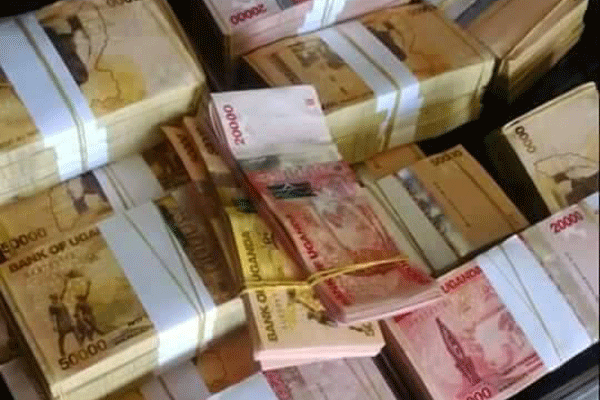China’s headline inflation likely remained elevated in January, as depleted pork supplies continue to put upward pressure on food prices as a result of the outbreak of African swine flu.
Food price inflation cooled a little in December to 17.4% y/y, from 19.1% in November, amid government efforts to temper pork prices in time for Lunar New Year celebrations from late January to early February.
Food prices will remain elevated at least through the first half as pork supplies remain subdued and more recently the outbreak of Avian flu has led to culling of chickens to contain an outbreak.
Producer prices are expected to record their seventh consecutive drop in January as lower commodity prices and disruption from the coronavirus impact have already weakened domestic demand.
China’s money supply growth likely picked up in January and will accelerate further in February, as the People’s Bank of China has increased support in the wake of the coronavirus outbreak.
On Monday, the People’s Bank of China injected CNY1.2 trillion into the financial system via reverse repo operations, reportedly the largest single-day injection on record, to “ensure sufficient liquidity supply.”
Estimates are that CNY1.05 trillion (US$151 billion) worth of reverse repos matured on Monday, meaning that CNY150 billion on net will be injected. In addition, banks will be provided with CNY300 billion to lend to firms impacted by the virus, including foreign firms.
The PBoC has signaled that further stimulus could be made available over the next week. The blow to China’s economy is significant. Consumer-facing sectors were the first to feel the brunt of efforts to contain the virus and at first this disproportionately hit Hubei province, where the outbreak began.
The virus has decimated the usual peak tourist season, with closures and cancellations of planned celebrations in a bid to quell the spread of the virus.
The economic costs have spread throughout China, with important transport links suspended and major cities in full or partial lockdown.
The aggressive containment efforts will only exacerbate the economic pain. Malaysia’s GDP growth likely slowed to 4.1% y/y in the December quarter, following the 4.4% expansion in the September quarter.
Private consumption has been an important support to the economy, while external demand has been weak, particularly as the tech cycle has endured a downswing. Exports contracted 1.4% in the third quarter, following the second quarter’s 0.1% increase. Some improvement is expected in exports in the fourth quarter.
By Katrina Ell of Moody’s Analytics





